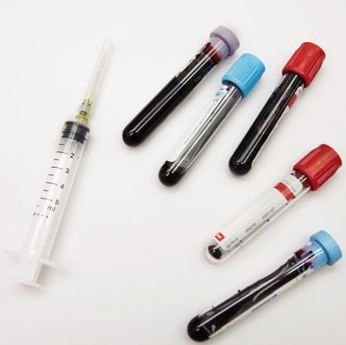 Potassium comes from food, especially fruit, vegetables and nuts. Extra potassium you eat is normally put out in urine, so its levels in blood may rise in kidney failure. Blood potassium is normally precisely controlled and important. High levels can be very dangerous as they can cause serious heart rhythm abnormalities, including cardiac arrest, even before you have any other symptoms from it.
Potassium comes from food, especially fruit, vegetables and nuts. Extra potassium you eat is normally put out in urine, so its levels in blood may rise in kidney failure. Blood potassium is normally precisely controlled and important. High levels can be very dangerous as they can cause serious heart rhythm abnormalities, including cardiac arrest, even before you have any other symptoms from it.
What Is the Normal Range of Potassium?
Normal blood potassium levels are 3.5 - 5.0 mmol/litre
How high is dangerous?
There isn't a simple danger level, but levels above 5.5 usually cause concern, and levels much above 6.0 may be dangerous. Levels above 7.0 are certainly dangerous.
· Diet is the most important way of controlling potassium levels in Kidney Failure.
· Potassium is lowered by dialysis, but in patients treated by haemodialysis it rises between treatments, so it is important to be careful what you eat.
· Some medicines make blood potassium higher. This is more of a problem when kidneys don't work properly.
· Sometimes high potassium levels may not be accurate, for instance because of delays in getting the sample to the lab.
Treatments for dangerously high potassium may include giving sugar (glucose) and insulin, and some other measures. Good news is that certain herbs help lower the potassium levels naturally. You can email to renal-disease@hotmail.com for the herbs list. If it is very high and kidney function is poor, dialysis may also be necessary.

Advanced Facility Helps Make Exact Diagnosis. View More >>